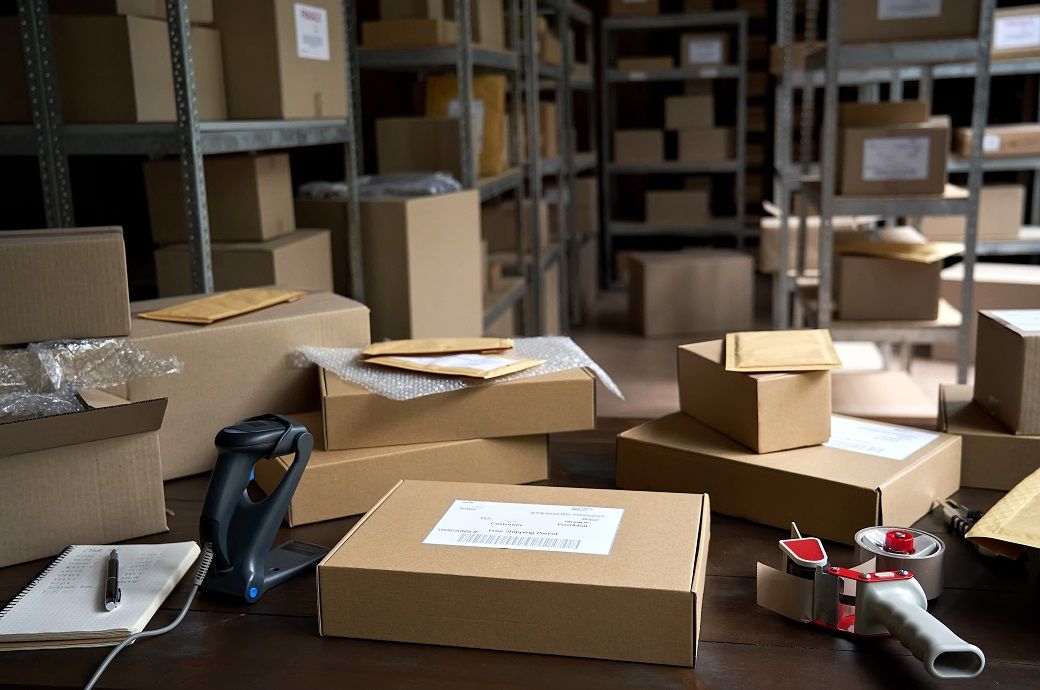
The tax amount is conceived as a tool to rebalance the domestic market, favour local producers, protect brick-and-mortar retailers and discourage imports that often lack full environmental and social traceability.
The measure, which could be included in the budget law next year, is in line with the European Commission's proposals to review the duty exemption for low-value parcels.
"Our measures will be in force by the end of this year," Industry Minister Adolfo Urso was quoted as saying by media outlets.
Several other European countries like France have already taken similar action.
Welcoming the government's intention, trade body Federazione Moda Italia-Confcommercio urged the government to also abolish the customs exemption for all non-EU parcels under €150, as well as the extension of the extended producer responsibility (EPR) regime to textiles imported directly from third countries.
The EU’s Economic and Financial Affairs Council is also evaluating similar interventions. Italian Economy Minister Giancarlo Giorgetti called for faster introduction of the wider EU tax, saying it should come into force in 2026 rather than 2028, as currently envisaged.
"We need strong and fast European rules to stem the non-European aggression that is invading our market with cheap and unregulated products," Giorgetti added.
ALCHEMPro News Desk (DS)
Receive daily prices and market insights straight to your inbox. Subscribe to AlchemPro Weekly!